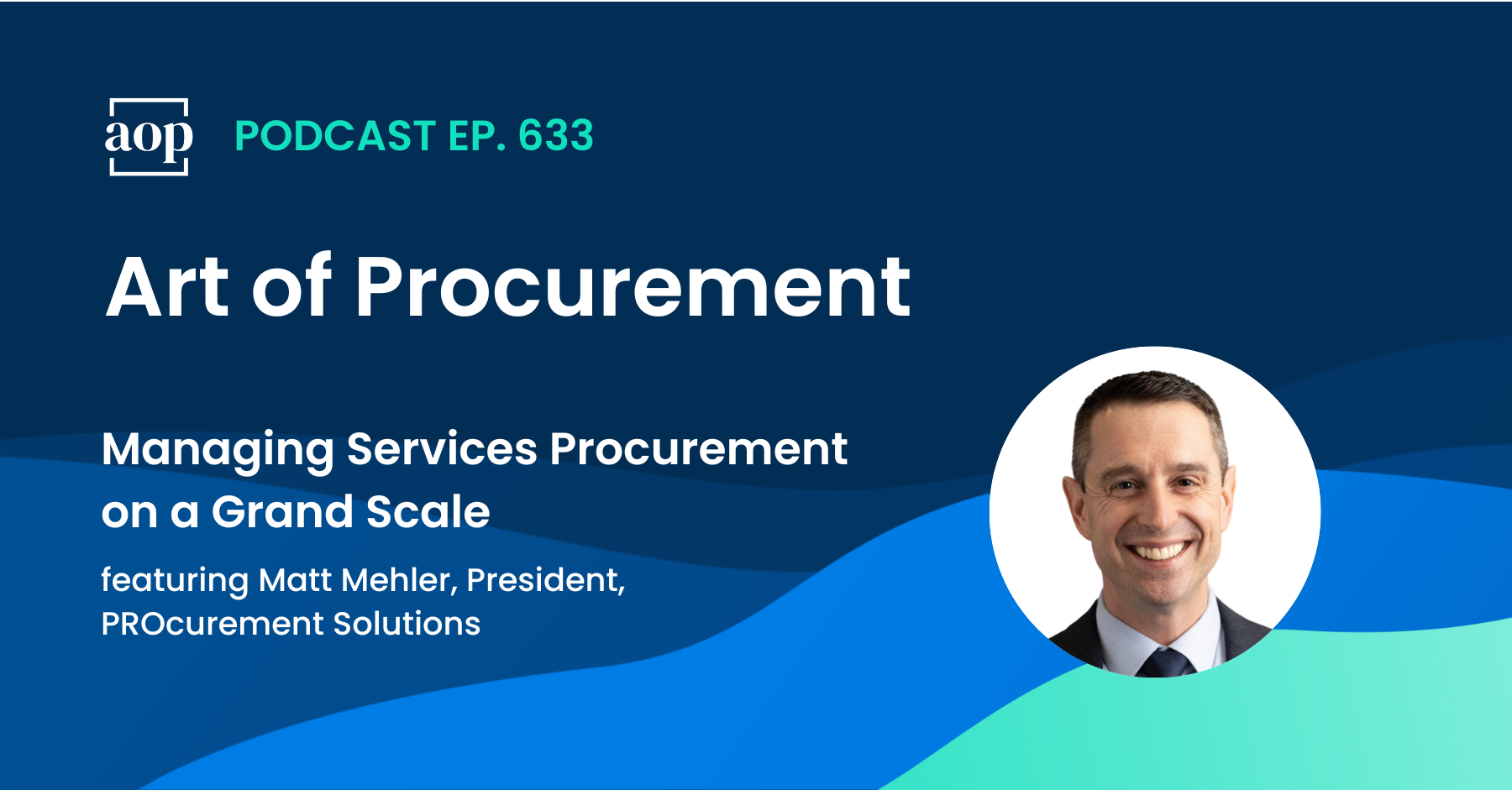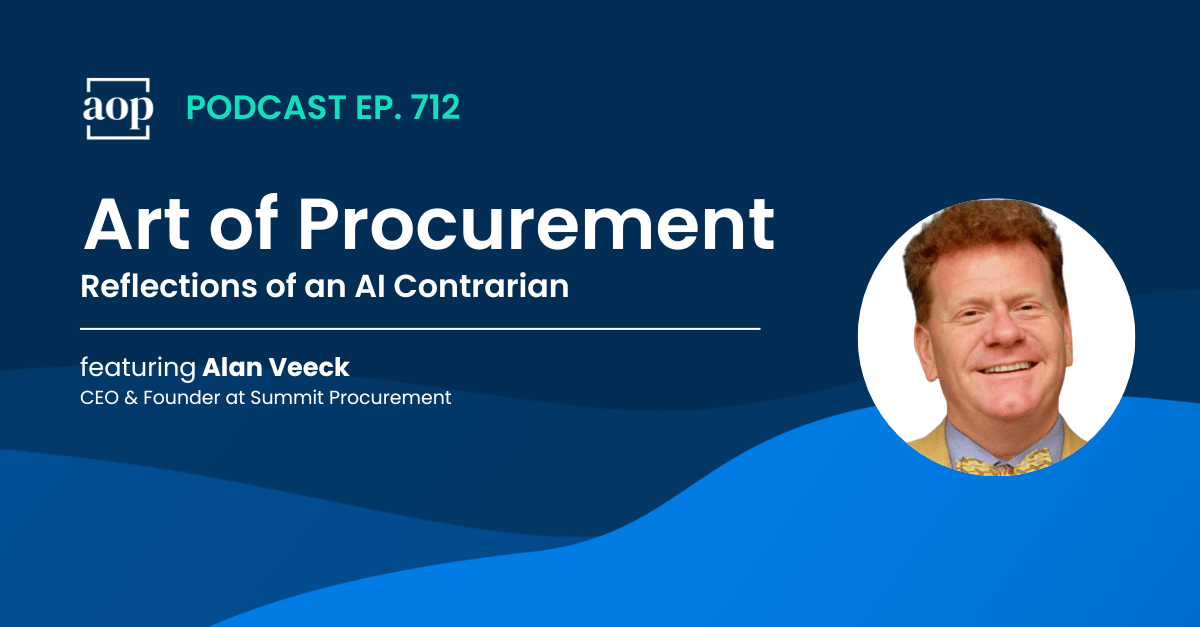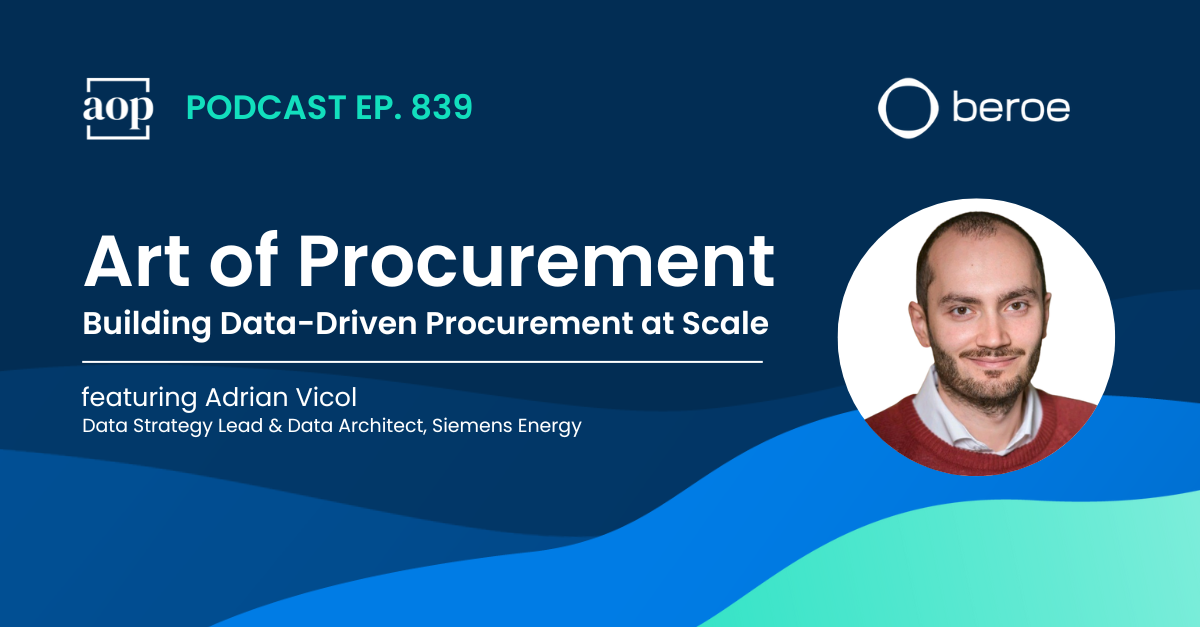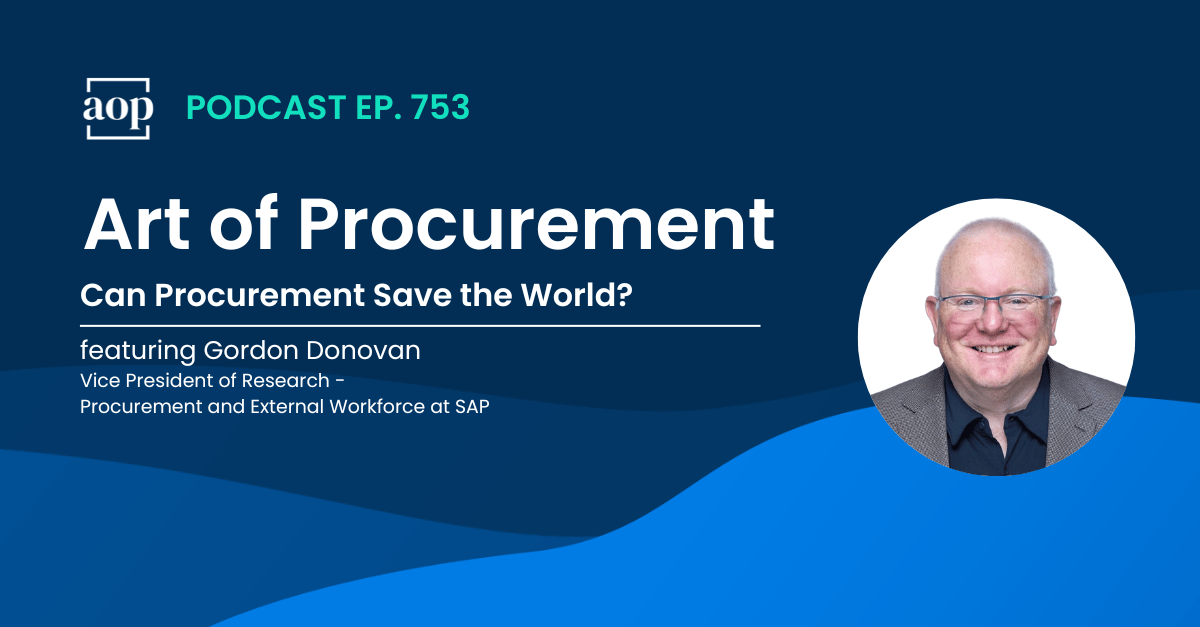3 min read
Managing Services Procurement on a Grand Scale
Philip Ideson : Updated on December 1, 2024

“If you want to be successful in what you do personally or professionally, you’ve got to manage relationships because the show goes on. You need strong relationships with contractors and suppliers that you know can deliver.” – Matt Mehler, President of PROcurement Solutions
Managing services procurement for a large entertainment or sports venue comes with its own set of unique considerations. The audience is large, everything moves fast, the stakes are high, and the pressure is on to make sure everyone’s needs are met so the show can go on without a hitch.
But even if you don’t manage procurement for a large venue like this, there are still lessons to be learned from running a highly complex, dynamic program. To help us understand those lessons and how to overcome the common challenges that come with services procurement for large venues, we welcomed Matt Mehler, the former VP of Procurement for Madison Square Garden Entertainment Corporation, to speak in the opening session of Categorypalooza 2023.
The Garden hosts hundreds of sporting events every year and some of the highest profile concerts in New York City, but this company isn’t just responsible for the well-known arena. During Matt’s tenure with the organization, they also operated an on-site theater, Radio City Music Hall, the Beacon Theatre in New York, The Chicago Theatre in Chicago, and The Forum in Los Angeles. On any given day, 20,000 people or more – most armed with smartphones and the ability to comment in real-time on their experience – pass through the venue, adding another layer of “stakeholder” complexity and expectations that must be met.
Services Procurement for a Large Venue
Managing services procurement for a large venue like the Garden can be quite different from other organizations in that there are multiple services that make up the category. Procurement has to consider things like:
- Facility management including alarms, mechanical maintenance, and security systems
- Front-stage services
- Security services
- Guest services
- Food and beverage
- Back of house services
- Production support
- Facilities procurement
- Corporate services
- IT
And that’s just his short list.
“If you’re trying to optimize and add value to the business,” said Matt, “you have to understand the business, and doing it in a large venue is challenging.”
Relationships are Key
Services procurement for a sports and entertainment facility has the added pressure of making sure they deliver on expectations for every show or event. As Matt said, “there’s no delaying the show. The curtain call – it happens,” and procurement has to be ready for it.
The key to delivering on time every time is having strong relationships with contractors and suppliers. Building relationships with service providers means understanding their needs and how they measure or define success so you can align and offer support. “You have to make sure you understand their business,” he said.
There are also instances when the contractor or supplier interacts directly with the fans, either before, during, or after an event. There should be a level of trust and accountability that the contractor will represent the venue’s brand well. Last-minute or on-demand requests from high-profile talent can also send procurement scrambling, and that’s where support from a reliable partner can make all the difference.
“All of this is on the largest stage in the world’s greatest arena,” said Matt. “There’s a lot of pressure and a lot of excitement around that, so you really need relationships that you know can deliver for you in that industry.”
A few things Matt suggests procurement should consider when finding and building relationships with suppliers:
- Do your due diligence in vetting suppliers. Be confident that is it the right provider, and that you are partnering with the right team or individual at every level, from leadership to tactical execution, and day-to-day communication.
- Have a clear supplier management plan that includes regular touchpoints, QBRs, and processes for monitoring and managing that relationship over time.
- Be clear and transparent about expectations for what success looks like for both procurement and the supplier and regularly communicate any changes. In services procurement, Matt said, “someone’s definition of what is good or successful may be different from another’s.” Be clear about what you’re trying to accomplish and what’s important to your organization, and hold both the supplier and your own team accountable when working towards shared key performance indicators.
- Cultivate emotional intelligence. To quote Richard Branson, Matt says, develop “EQ over IQ” so you’re able to build strong relationships with stakeholders, manage the culture effectively, and communicate well across the team.
Adding Advertisers into the Mix
For public venues with advertisers or sponsors, procurement often runs into a situation where they are working with or considering suppliers who are also investing back into the venue via advertising. This crossover can be complex to navigate, said Matt, but, when managed well, can also be a great opportunity to create value for the organization.
“First and foremost,” said Matt, “you always see yourself as judging the performance of the suppliers that are performing for you.” Procurement needs honest dialogue about spend management at the category level, then can let the RFP process drive the decision that is ultimately best for the business.
Any hospitality partnership procurement develops, says Matt, has to be best for the long-term strategy and success of the business, because whatever deal you put in place, “you want it to last, and you want it to be mutually beneficial for both organizations.”
The procurement function, he says, is uniquely positioned to make that happen.
Subscribe to Art of Procurement
Apple | Stitcher | iHeart Radio | Email




